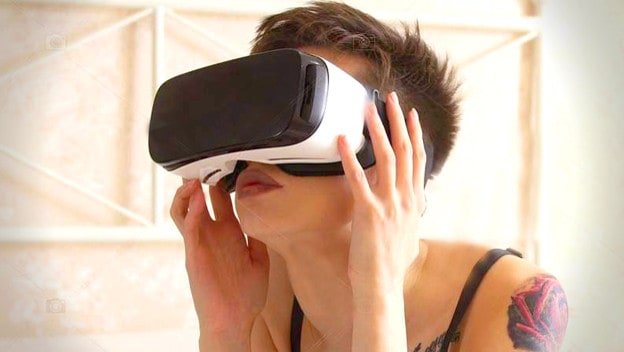I’ve seen virtual reality as the final frontier for the gaming industry. From a very young age, I had a vision of a future where we could fully immerse ourselves in games and disappear into fantasy worlds. I still have hope that we might experience this heightened level of gaming some time in the future, but I feel it is becoming clear that the 2010’s are not the era of VR. The company I cheered for the most, HTC, has suffered massive sales drops, restructures, and mass lay-offs. Seeing as how their Vive is one of the best VR headsets in the industry, it’s really feeling like this is the beginning of the end for VR…
In June 2018, HTC reported that their sales had fallen a drastic 68%. They laid off 1,500 employees from their Taiwan manufacturing division. A previous attempt to stay in the green included HTC selling their Pixel team to Google for $1.1 billion. I don’t know if you’ve had the opportunity to play around with a Google Pixel phone, but they’re pretty sweet. It’s clear that HTC makes quality products; it’s just a matter of whether or not the public can afford them. Even after price drops, the standard HTC Vive still cost around $500. As of right now, that’s about a third of my monthly income, so it’s not something that I can just go to the store and buy off the rack. I imagine this is true for other people who are struggling to pay their rent and utility bills.
It’s no secret that new technologies are always going to cost more than what people can afford. Think back to some of the original computers. They were room-sized and definitely not within a middle-class family’s budget. But now “computers” — that can do much more than the very first ones — are small enough to fit in our portable phones. There are many affordable options. Virtual reality tech might be too expensive to be in every home right now, but that doesn’t mean it will stay that way. As we head into the future, VR might disappear for a while, but I have a very strong feeling that it will come back bigger, better, and cheaper than ever before.
The other factor that helped lead to declining VR sales is what I’ll call the 3D effect. When 3D first came out, it was incredibly basic, saw a huge surge in popularity, and then it very quickly fizzled out. Since it’s inception, 3D technology has gotten more and more advanced, which has drawn more people in. Thanks to this, we now have 3D monitors and handheld game consoles. Dedicated hardware is a far cry from the “educational” dinosaur museum game my grandmother had that required me to wear the old fashioned blue and red glasses to enjoy. While that was fun, the new stuff is even easier to enjoy and much better looking. Just like 3D technology, VR will evolve, advance, and become easier to use, enjoy, and view. What once required fairly high powered gaming computers will probably be the same quality, only wireless and standalone.

I’d say this current lull and potential “death” of VR will be a segue into a fiery rebirth. While we will still lament the downfall of the current generation of VR technology, I think we should have hope. Just because it’s struggling right now doesn’t mean it always will. Hopefully within the next few years, to the next decade or so, we’ll see even better VR. It’s a bummer that I can’t enjoy a .hack style VR MMO right now, but I’m still certain I will see that in the future.
